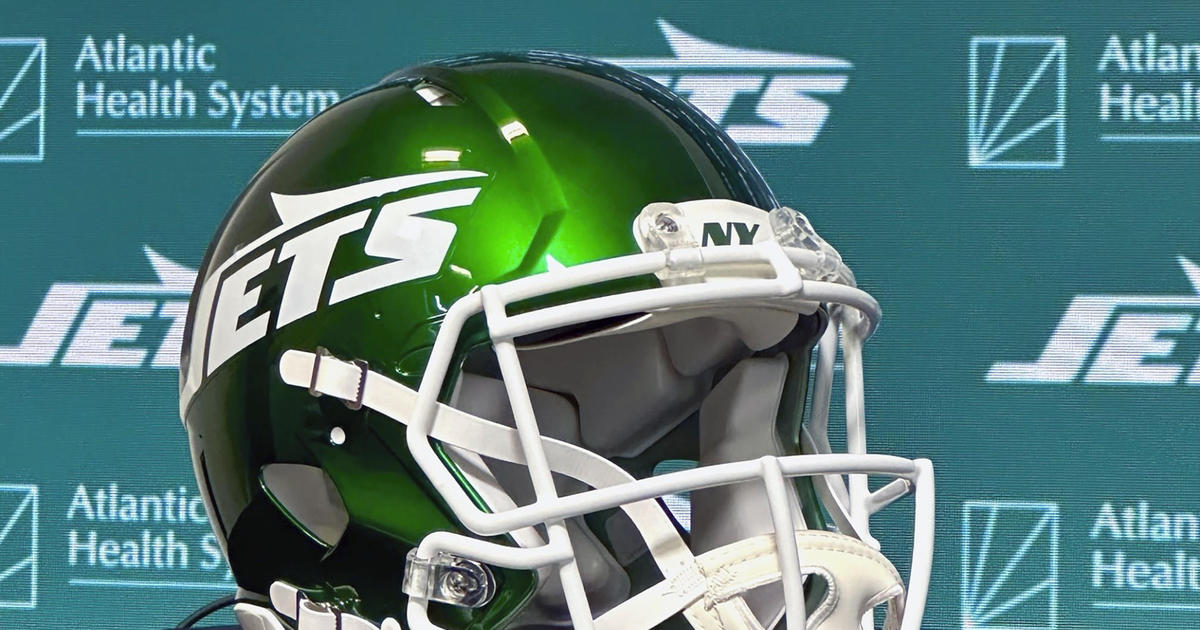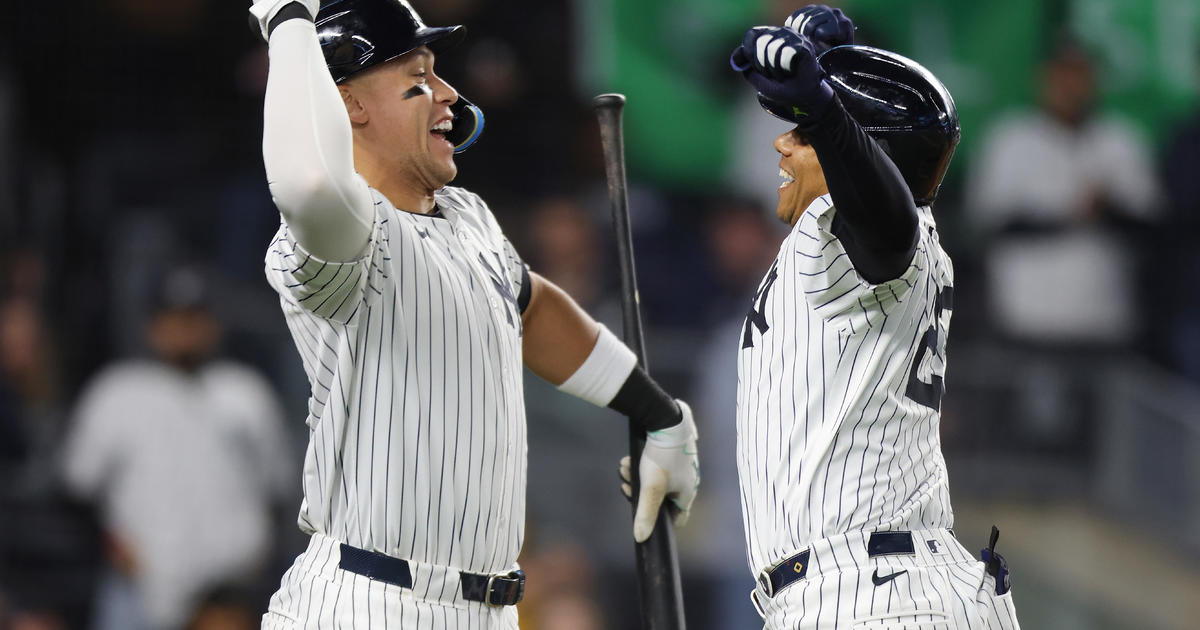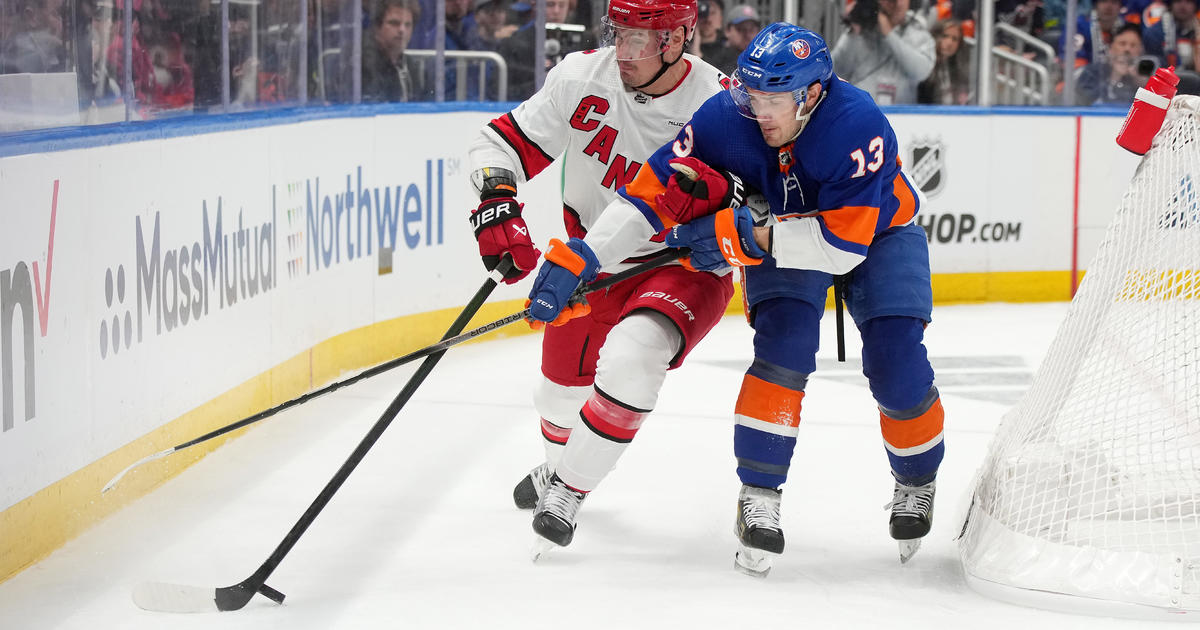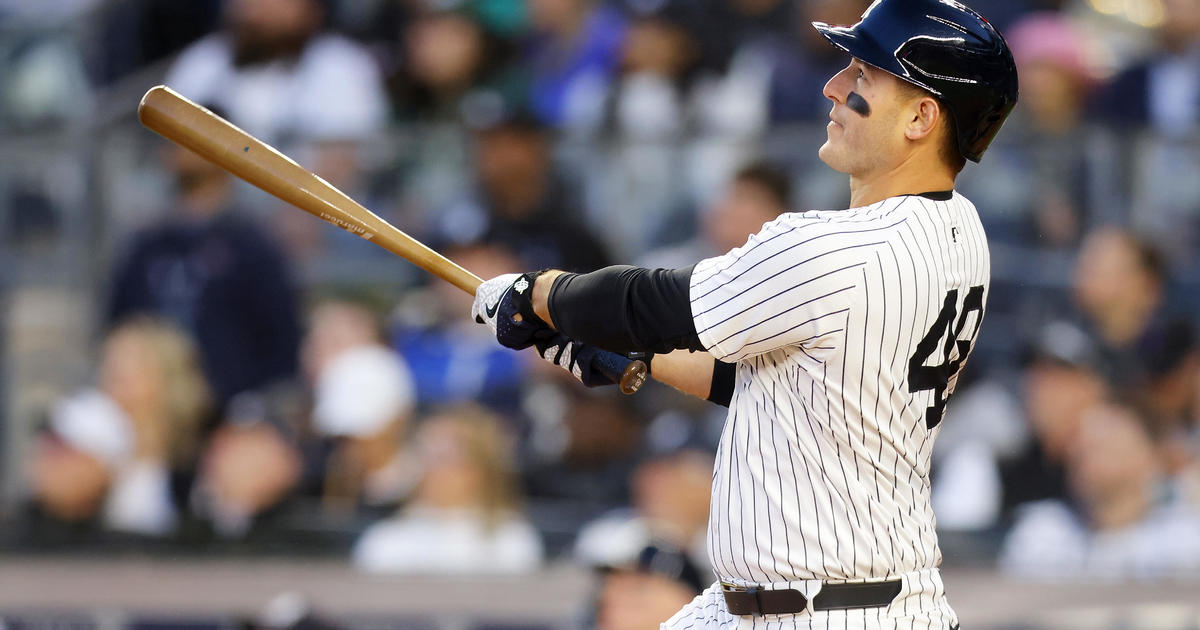By The Numbers: Mariners Search For Winning Season
By Father Gabe Costa
» More Columns
Continuing as in the last blog, the next several editions of By The Numbers will be written by students currently taking a course on sabermetrics. Today we have Mariners' fan Quinn Shellhorn's take on this coming season, with a touch of "Yankees" thrown in. I'm sure you will enjoy his musings.
Quinn Shellhorn: For all of those M's fans out there, this trade with the Yankees really seems like a gamble to boost our wins. After all, the Mariners just traded a rising star, right-handed pitcher Michael Pineda, for a second-string catcher, Jesus Montero. What are the Mariners looking for? The organization has cycled through numerous high-end pitchers the past few years, but it seems like successful pitchers are coming out with bad Win-Loss records because of a lack of run support (we'll ignore fielding for now as a nominal effect). But before we spend all of our money on some hypothetical hitting panacea, we need to realize that focusing on areas of necessity is more important than focusing on areas of desire.
Not a single guy on the team hits near .300; but, when some of your starters hit under .200, there's definitely a problem. Seattle can best improve its lineup not by adding studs but by cutting duds; Chone Figgins, for example, is a $9 million/year hole. Unfortunately, the M's objective wasn't to win but to make money. The Mariners invest in big-name players like Figgins in order to draw fans into Safeco Field; and, with a baseball monopoly of the Pacific Northwest, it is assumed that fans wouldn't be as concerned with the overall success of the team. Name-brand stars like Montero or Figgins, however, are good for drawing in fans at first but drain the budget for prospect investments. As it stands, the investment in batters has not been very cost-effective, especially in comparison to teams like the Rangers (or even the Athletics, given their smaller budget).
| Batter | PA | BA | SLG | WAR | Salary |
| Montero | 69 | .328 | .590 | .5 | ? |
| Ryan | 494 | .248 | .326 | 2.8 | $1.0m |
| Ackley | 376 | .273 | .417 | 2.5 | ? |
| Smoak | 489 | .234 | .396 | 1.3 | $419k |
| Figgins | 313 | .188 | .243 | -0.5 | $9.5m |
| Ichiro | 721 | .272 | .335 | -0.4 | $18m |
| TOTAL SEA (26) | 5929 | .233 | .348 | 6.2 | $79.9m |
| TEX (20) | 6261 | .283 | .460 | 29 | $81.5 |
| OAK (22) | 6102 | .244 | .369 | 7.3 | $60.3 |
| LAA (22) | 6088 | .253 | .402 | 27 | $116.8 |
| HOU (24) | 6148 | .258 | .374 | 15.6 | $69.1m |
| Pitcher | IP | K | WAR | ERA | Salary |
| Pineda | 171.0 | 173 | 2.8 | 3.74 | $414k |
| Hernandez | 233.2 | 222 | 4.7 | 3.47 | $11.7m |
| Vargas | 201.0 | 131 | 1.6 | 4.25 | $2.45m |
| TOTAL SEA (21) | 1433.0 | 1088 | 17.6 | 3.90 | $22.3m |
| TEX (25) | 1411.1 | 1179 | 21.3 | 3.79 | $27.0m |
| OAK (26) | 1447.2 | 1160 | 24.5 | 3.71 | $23.5m |
| LAA (21) | 1465.0 | 1058 | 14.6 | 3.57 | $64.9m |
| HOU (23) | 1435.0 | 1191 | -0.5 | 4.51 | $25.1m |
| TEAM | MONEY SPENT* | WINS | LOSSES | CUM. WAR | $/WAR | $/WIN |
| SEA | $102m | 67 | 95 | 23.8 | $4.3m | $1.5m |
| TEX | $109m | 96 | 66 | 50.3 | $2.2m | $1.1m |
| OAK | $83.7m | 74 | 88 | 31.8 | $2.6m | $1.1m |
| LAA | $182m | 86 | 76 | 41.6 | $4.4m | $2.1m |
| HOU | $94.2m | 56 | 106 | 15.1 | $6.2m | $1.7m |
*Salaries are incomplete for some players with less effect on the team, where WAR (Wins Above Replacement) is all-inclusive. See source for details; data obtained from or calculated using the data provided.
Needless to say, a baseball team makes the most money, in the long-term, when it wins. The best approach, in my opinion, is to keep raising cheap prospects to fill in lineup holes and sell them to bigger teams when they're no longer cost-effective. This would solve the short-term goals of not-losing as well as establish a cash-flow foundation for supporting middle-range players like Montero.
The middle range of players will stabilize the team and lead to the M's having a winning record. Here, Seattle should invest in the weak sides of the team, which is really their offense. Mariners fans are hoping for Ichiro to bounce back to the star he was- last year was the first in an eleven-year career that he didn't get 200 hits and above a .300 batting average. Even if Ichiro were to bounce back to a stellar season, the M's still don't have much other hitting. Seattle needs to look at its long-term goals of capturing multiple winning seasons. To do this, the Mariners organization needs to even out its pitching staff and boost its lineup. Montero was a good acquisition not because of his fielding, but his bat (assuming he doesn't end up like Richie Sexson or Adrian Beltre). However, this technique requires the initial foundation of adequate ballplayers all-around; it doesn't help to have a guy like Montero hit for average if there's no one on for him to drive in.
The big-name stars that the Mariners (and the fans) want right now are impossible to keep and use to their full potential. Even with stars like Ichiro and Felix Hernandez, the M's aren't performing successfully as a team. The year King Felix got his AL Cy Young Award, he barely cracked a .500 record; again, the problem was largely run support. The cost of these big-name players is also important- who knows what contract Pineda would have signed for? Despite taking minimum wage last year, Pineda's 2012 asking price should skyrocket, and I wouldn't have expected it to fit well in the M's budget. He would have been a good pitcher for the rotation, but the M's need batting more than pitching (having good pitchers like Cliff Lee, Doug Fister or Pineda doesn't matter without run support) and, unless the team is able to expand their budget, Pineda wouldn't have been a financially maintainable reality.
The problem with the Mariners is that they're looking to win the World Series without winning the pennant. Grabbing stars now will only cause a tear in the M's budget, and good players will get old and wash out before the younger squad matures to enable them. The best approach is to get the most wins for their money – an approach that has been vindicated by both the Rangers and the Athletics – by creating a foundation of not-bad players before moving on to something stronger.
As a final note, two other players were involved in the trade. Hector Noesi was a Yankees RHP who threw 56 innings at a 4.47 ERA. Noesi was probably traded to make way for Pineda, as well as potentially fill in a gap in the Mariner's rotation. Jose Campos was just a single-A pitching prospect given to the Mariners; I think the idea was for the Yankees to invest in their future so that, when the old players drop out, New York will retain some flexibility in pitching options.



